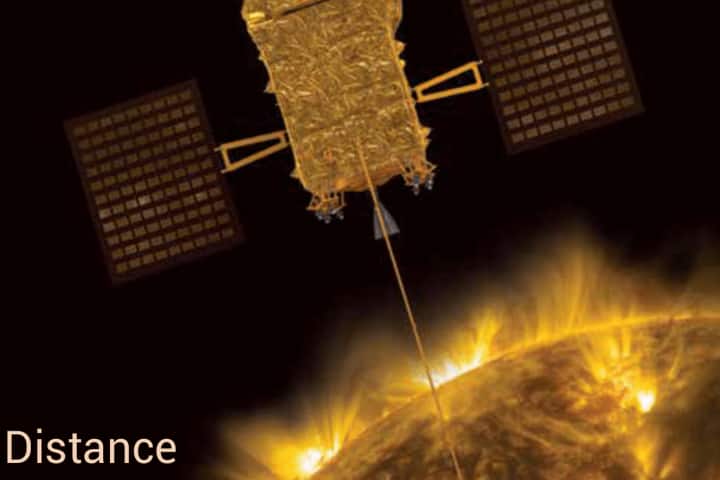

G. Madhavan Nair, the former ISRO Chairman said that announcing the launch of Aditya-L1 after the Chandrayaan mission is a 'logical step' (Pic. Courtesy Twitter/@DDNewslive)
Thiruvananthapuram (Kerala) [India], August 28 (ANI): Former Indian Space Research Organisation (ISRO) Chairman G Madhavan Nair said that announcing the launch of Aditya-L1 after the Chandrayaan mission is a “logical step”. Aditya-L1 is the first space-based Indian observatory to study the sun. ISRO announced that the Aditya-L1 mission will be launched on September 2.
“I’m happy to learn that the Aditya-L1 launch is scheduled for September 2 from Sriharikota. This has been a project which has been on the anvil for ISRO for a long time. This is a logical step after the Chandrayaan mission, to study more about the Sun and its various phenomena happening on the solar surface and its effect on the earth, is the goal set for the Aditya mission,” the former ISRO Chairman said speaking to ANI.
Speaking about the mission, G Madhavan Nair said, “A set of instruments are going to be placed in the Lagrangian point, nearly 1.5 million km away from the earth and it will be continuously observing the solar surface. It will be looking at day-to-day activities, the radiation from there, the various particle emissions, the magnetic field and also the solar winds and sometimes the high explosions that take place on the solar surface.”
On the significance of the mission, the former ISRO chief said that the sun is the only source on which the planet Earth is dependent upon.
“The sun is the sole source on which the entire planet earth is dependent upon whether it is on life support or weather or any activity on the ground, the solar energy is the most important part of it. Understanding the coupling between the sun and the earth is the most important milestone and ISRO has set its goal to study it carefully in this mission,” G Madhavan Nair said.
Earlier in the day, former Indian Space Research Organisation (ISRO) scientist Nambi Narayanan said that the launch of Aditya L1 is a “good project” and there is no “dearth of knowledge” in ISRO.
“It is a study project, they’re going to study (Sun) at a distance of 15 lakhs kilometres. They are trying to understand the core. It is a good project. In ISRO we have no dearth of knowledge or intelligence or anything. Originally, in ISRO we had an attitude that we will be everything, we will not allow anybody else to get it…,” Nambi Narayanan said speaking to ANI.
Also Read: ISRO to launch Aditya- L1 mission to study the Sun on Sept 2
The Jammu and Kashmir Disaster Management Department conducted a mock drill simulating a Glacial Lake…
The Indian Institute of Technology (IIT) Guwahati researchers have developed a community-scale water treatment system…
Union Minister for Environment, Forest and Climate Change, Bhupender Yadav on Friday chaired an Interactive…
The Voice for Baloch Missing Persons (VBMP) has demanded the swift release of two Baloch…
The Israeli Defence Forces shared that on Thursday night it targeted the missiles manufacturing sites…
Prime Minister Narendra Modi is set to flag off the Vande Bharat Express connecting Patliputra…